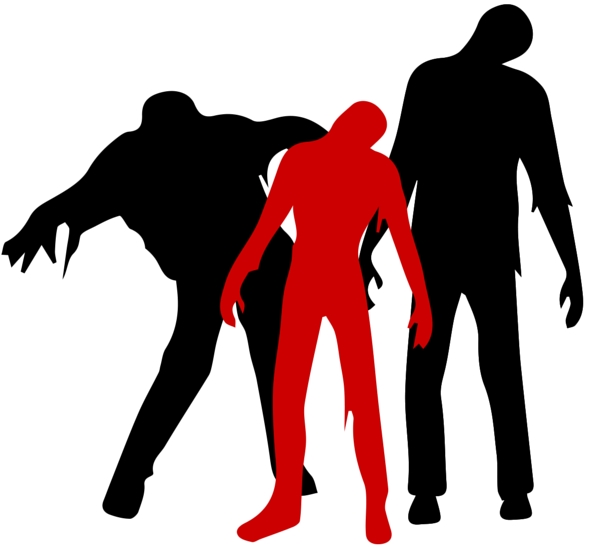You have difficulty in passing stools and get pain when you strain in the toilet. Your stools are hard and pellet-like. Do you think these are symptoms of constipation?
You may be right. The above symptoms suggest that you are suffering from constipation.
What is constipation?
Constipation is defined as having fewer than three stools per week. It is caused by slow movements of stools through the large bowel.
The digestive system breaks down the food that you eat. It is mainly done in the stomach and the small intestine. The digested nutrients are absorbed into the bloodstream. The undigested portion of the food passes to the large intestine where faeces is formed.
The large intestine absorbs water and electrolytes from the leftover food. The large bowel has billions of bacteria. The commensal bacteria change the undigested food into faeces. The faeces slowly move towards the anus.
The length of time needed for food to travel through the digestive tract is called bowel transit time. If the faeces take a long time to pass, more water is absorbed from it. That causes hard stools and constipation.
Symptoms and signs
- Infrequent bowel movements. The normal frequency of bowel movements can vary widely. Some people pass stools three times a day. Some others may pass once every other day. So, you need to compare with your normal habits. For example, you normally pass stools twice a day. Now you can pass it only once in two days. That means currently you are constipated.
- Hard dry stools
- Painful defecation
- Need to strain to pass faeces
- Need to spend more time in the toilet
- Feeling of incomplete evacuation
- Abdominal bloating
- Foul smelling wind
- Abdominal cramps
- Nausea
- Poor appetite
- Feeling of fullness in the tummy
- Fresh blood in the stools
- Unable to pass stools without using a laxative
Children may also have the following symptoms
- Irritability
- Poor feeding
- Generally unwell
- Faecal soiling
- Spurious diarrhoea (The faecal matter is liquefied in the bowels and causing overflow incontinence)
- Vomiting
- Headache
You may not get all the symptoms listed above. Some people only get a few symptoms such as hard stools and reduced frequency of defecation.
People with severe constipation may also have symptoms of complications such as haemorrhoids, anal fissure, and diverticulitis.
